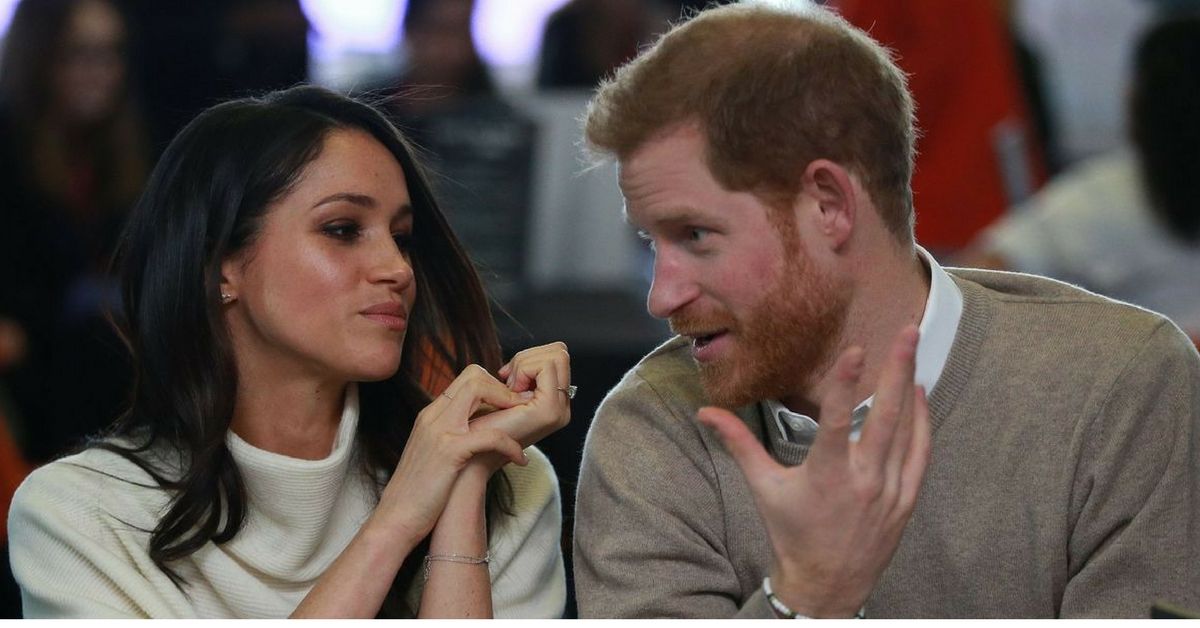Keeping up with the royal family is a guilty pleasure of many people all over the world.
Actually, scratch that. I don't even think we feel any guilt at all when we gossip about the British royals.
We are fascinated by the Queen and her family, and we enjoy finding out tidbits about their lives.
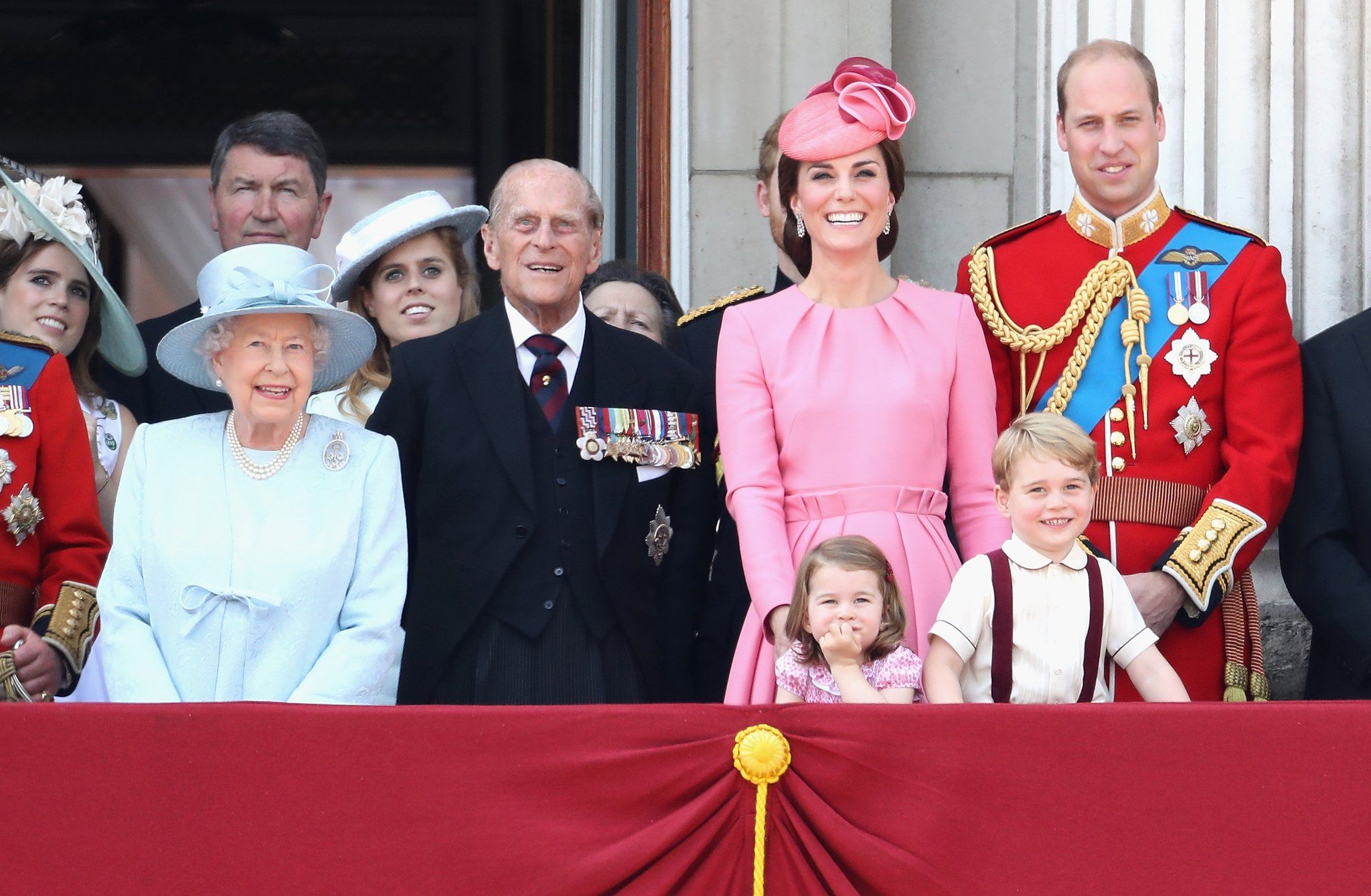
Lately, all eyes have been on Prince Harry and his fiancee, actress Meghan Markle.
After years of being known as the "bad boy" of the family, Harry finally cleaned up his act and found a charming lady to settle down with.
Clarence House confirmed Harry and Meghan's engagement last fall, and in December, they revealed that the couple will wed on May 19, 2018.
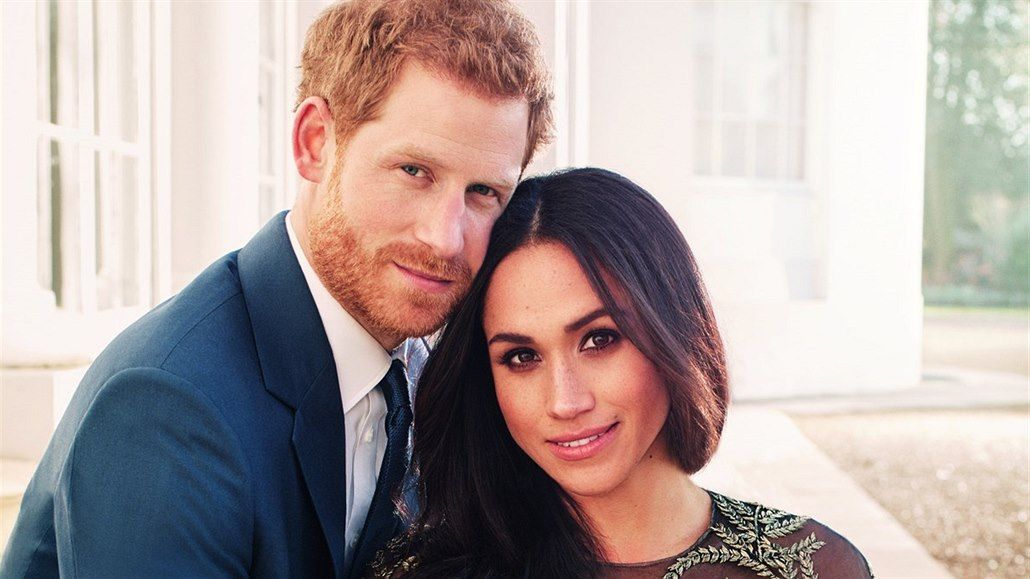
The royal and the Suits actress, who started dating in 2016, met in Toronto, Canada while Harry was promoting the Invictus Games.
The details of how they were introduced are still unclear, but according to sources close to both Harry and Meghan, they "fitted in right away."
Harry and Meghan dated for a few months before going public with their romance, but it was the worst kept secret.
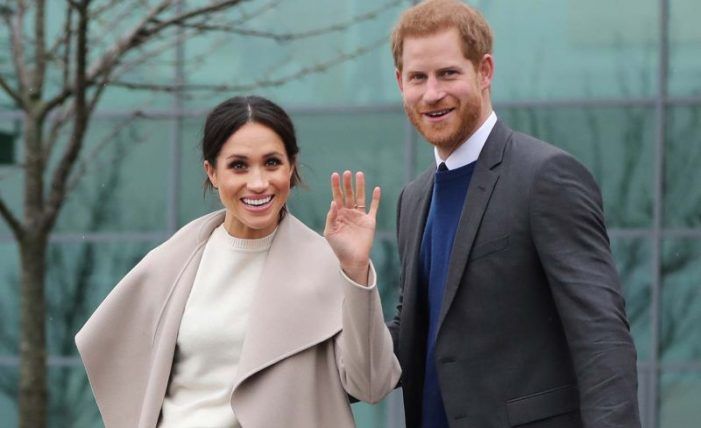
Everyone already knew that they were in a relationship. In fact, some people were so against the pairing, they started issuing racist comments and threats to Meghan.
"Some of [the drama] has been hidden from the public"”the nightly legal battles to keep defamatory stories out of papers; her mother having to struggle past photographers in order to get to her front door; the attempts of reporters and photographers to gain illegal entry to her home and the calls to police that followed; the substantial bribes offered by papers to her ex-boyfriend; the bombardment of nearly every friend, co-worker, and loved one in her life," read the statement.
"It is not right, that a few months into a relationship with him that Ms. Markle should be subjected to such a storm," it continued. "He knows commentators will say this is 'the price she has to pay' and that 'this is all part of the game.' He strongly disagrees. This is not a game"”it is her life and his."
Kensington Palace and Harry were forced to release a statement six months into their relationship to address the "drama."
The couple weathered through the storm, and made their first official public appearance shortly after at the 2017 Invictus Games in Toronto.

Now, less than a month until their nuptials, Harry and Meghan are more popular than ever.
Dare I say, people are obsessed with the couple!
I'd argue that the cause of fascination may be because Meghan is an American marrying into the royal family, but let's be honest here, we love hearing about the other members of the monarchy too.
It is estimated that 23 million Americans watched the coverage of Prince William and Kate Middleton's 2011 wedding. Decades prior, approximately 17 million viewers witnessed Diana marry Charles in 1981.
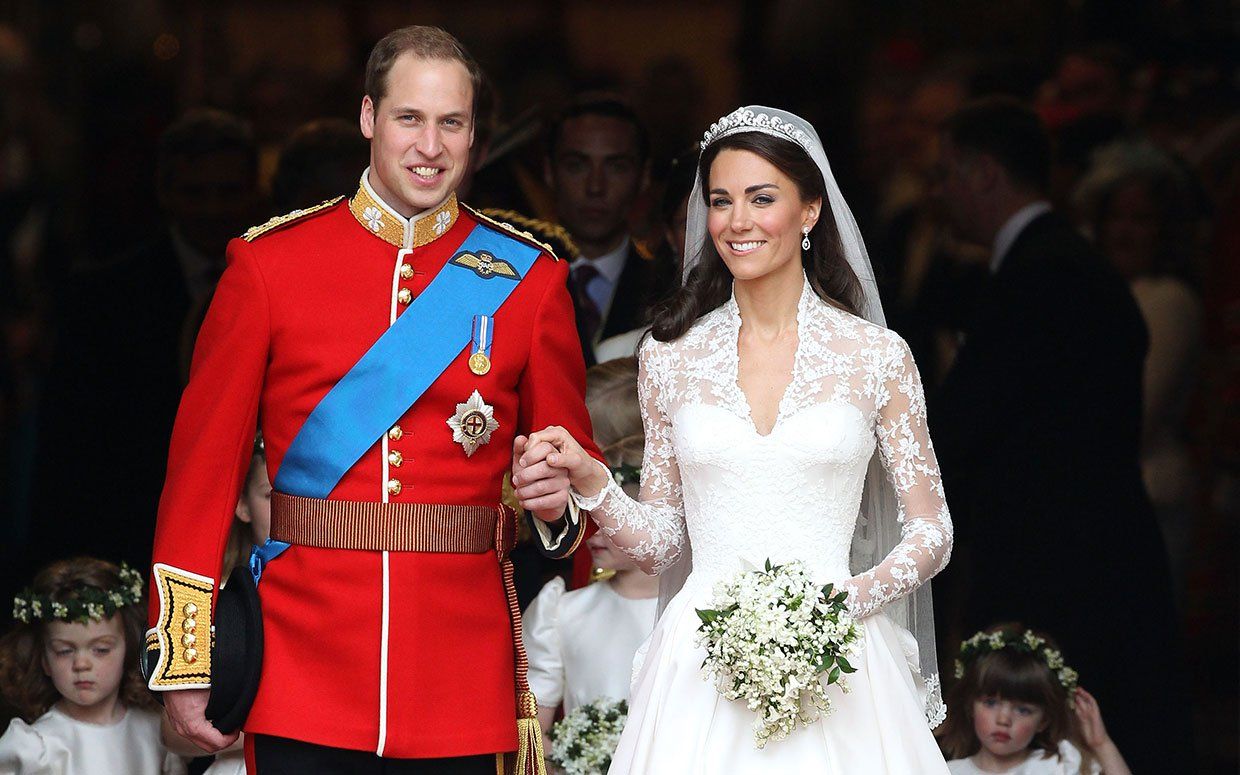
"I think it's fair to say that the American people are quite fond of the royal family," former President Barack Obama said in a 2015 meeting with Prince Charles. "They like them much better than they like their own politicians."
Magazines and news outlets talk about the Meghan and Harry almost daily, Apple News has an entire stream dedicated to the bride-to-be, there's a weekly podcast about their love story, Lifetime is making a movie about them, and vendors are making custom commemorative items to mark their wedding.
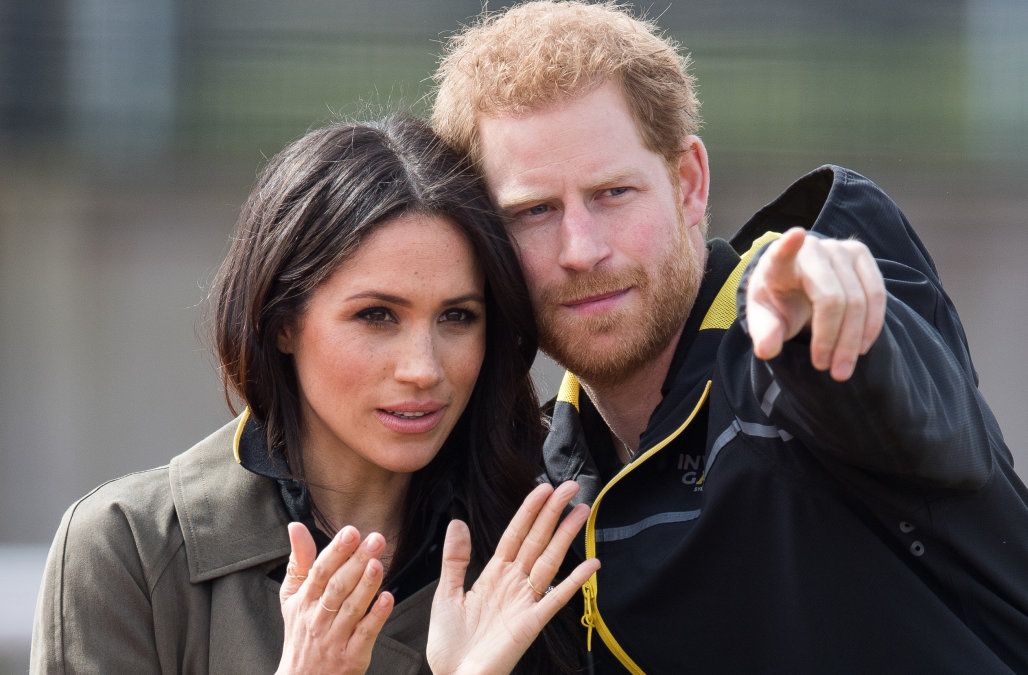
But, before you place your order, you should know about an interesting finding a psychiatrist recently made about people becoming too emotionally invested in Harry and Meghan's relationship, or even just celebrities in general.
They say too much of a good thing isn't good for anyone, and apparently, this holds true when it comes to keeping up with Harry and Meghan's relationship.
Dr. Sue Varma, a psychiatrist at NYU's Langone Medical Center, told Reuters that even a mild "obsession" with the royals can lead to people forming "parasocial" or one-sided relationships.
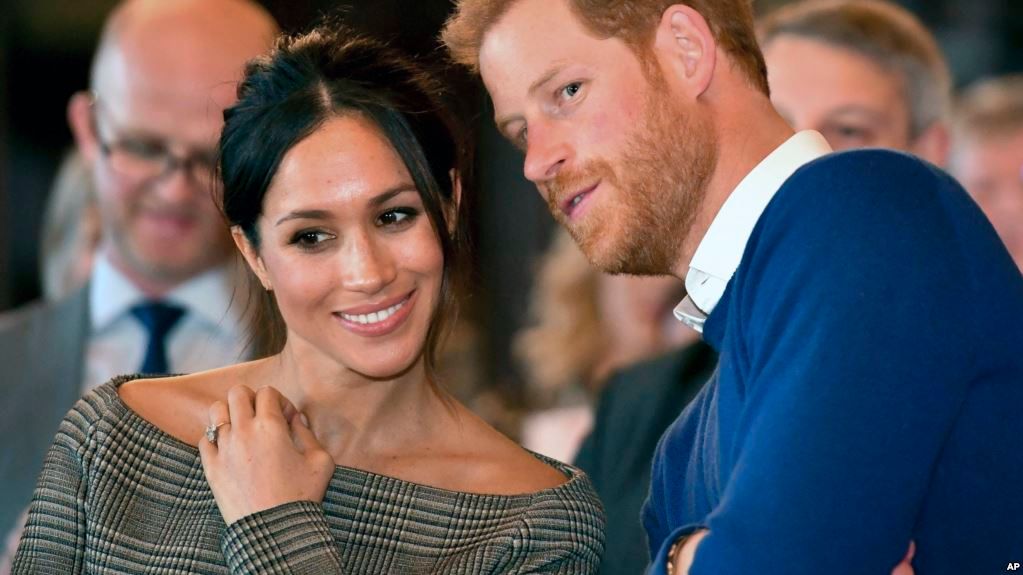
Even worse, some people start developing body image issues, and this could lead to them taking drastic measures like plastic surgery.
"I absolutely don't have a problem with somebody having an obsession with the royal family. I don't think that's the problem in and of itself," Dr. Varma explained. "It's the lack of other activities, the lack of flexibility, the fact that you're taking away time from something else. Is this time that you could have been spending with your kids? Is this time you could be talking with your partner?"
"When you start socializing with people that you don't know, when you don't have a reciprocal relationship, this is called parasocial. It's one sided," she explained. "This is a problem when you're living in a fantasy world at the expense of creating real relationships."
Dr. Varma's findings are similar to the results of another research carried out by licensed clinical psychologist Taram Emrani.
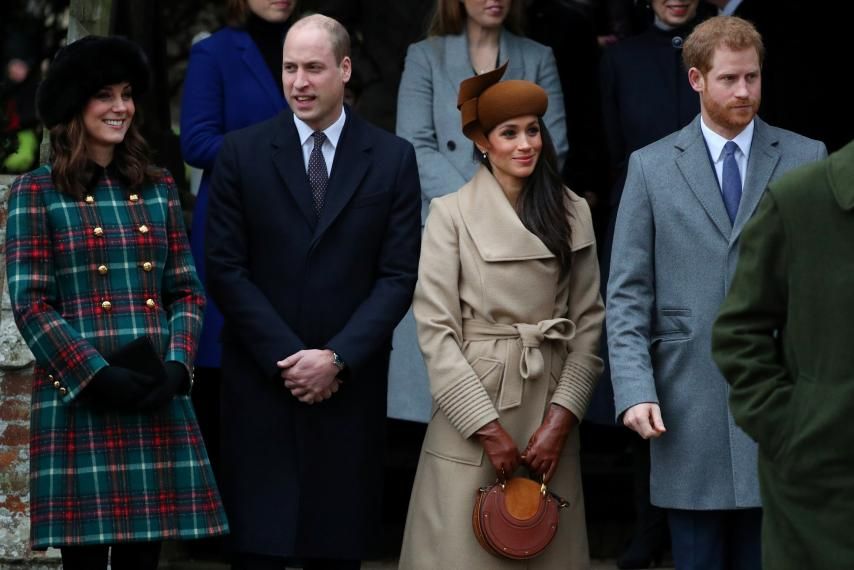
However, Emrani said that we're so taken with the royals because of the way our brains are wired.
"The British royal family has found a way to stay relevant and be present in the media," she told In Style. "And the way that they portray the family is very relevant to people in that they have a family, they do normal stuff, they go to normal places, although they're royal."
"The Duchess recently talked about mental health and hunger and Prince Harry does a lot of charity work and things that people can admire, are inspiring, and feel relevant," Emrani continued. "We as humans like to look at things that might possibly be better than us. It stimulates something in our brains that says, "˜How can I be that?' They have the same tools as us, but how are they so distinguished compared to us?"
So, bottom line is that you can be interested in all things Harry and Meghan, but you have to know where to draw the line.
Most people will never get to the level that these mental health experts are talking about, but there are a lot who do.

It was recently reported that police have tracked down more than 160 men and women who have "unhealthy obsessions" with Harry and Meghan.
According to The Mirror, since the couple went public with their relationship in 2016, authorities have detained six people under the mental health laws.
